Google is “by far” the most popular search term on Microsoft’s Bing, Google says
2 min. read
Published on
Read our disclosure page to find out how can you help Windows Report sustain the editorial team. Read more
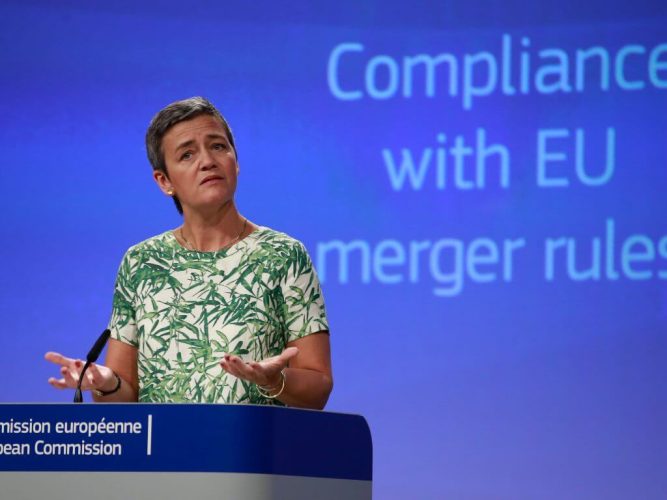
As part of an effort to appeal a $5 billion antitrust fine issued by the EU for anticompetitive practices, Google is using data it collected to prove that Google is “by far” the most common search query on its competitor’s platform, Bing.
As Google tosses Microsoft’s Bing search engine efforts under the bus, it does so as the company scrambles to appeal a $5 billion fine handed down by the EU back in 2018. Google’s recent defense against what the EU has established as an antitrust violation, is predicated on the sourced data that proves despite its mindshare, Google is a user’s preferred choice rather than it being “unfairly” pushed on people as a default on devices.
Earlier this week Bloomberg reported that Google’s parent company Alphabet Inc. lawyer Alfonso Lamadrid issued the following statement along with sourced evidence to an EU court.
We have submitted evidence showing that the most common search query on Bing is by far Google. People use Google because they choose to, not because they are forced to. Google’s market share in general search is consistent with consumer surveys showing that 95% of users prefer Google to rival search engines.
While it’s an indictment of Microsoft’s molasses-like progress in competing with Google’s stratospheric popularity and use, it appears to be another aimless attempt by Google to appeal a fine issued based on its mobile search practices. Earlier this week, Google lawyer Meredith Pickfork criticized EU regulators adjudication of its antitrust case while simultaneously ignoring Apple’s own competitive practices.
The Commission shut its eyes to the real competitive dynamic in this industry, that between Apple and Android. By defining markets too narrowly and downplaying the potent constraint imposed by the highly powerful Apple, the Commission has mistakenly found Google to be dominant in mobile operating systems and app stores, when it was in fact a vigorous market disrupter [Android] is an exceptional success story of the power of competition in action.
Unfortunately, the EU commission was unphased by the critique, responding with “bringing Apple into the picture doesn’t change things very much.” Likewise, it would seem bringing in Microsoft’s unsuccessful attempts to counter Google’s dominance on desktop will do little to change a fine largely focused on Android and mobile competition.
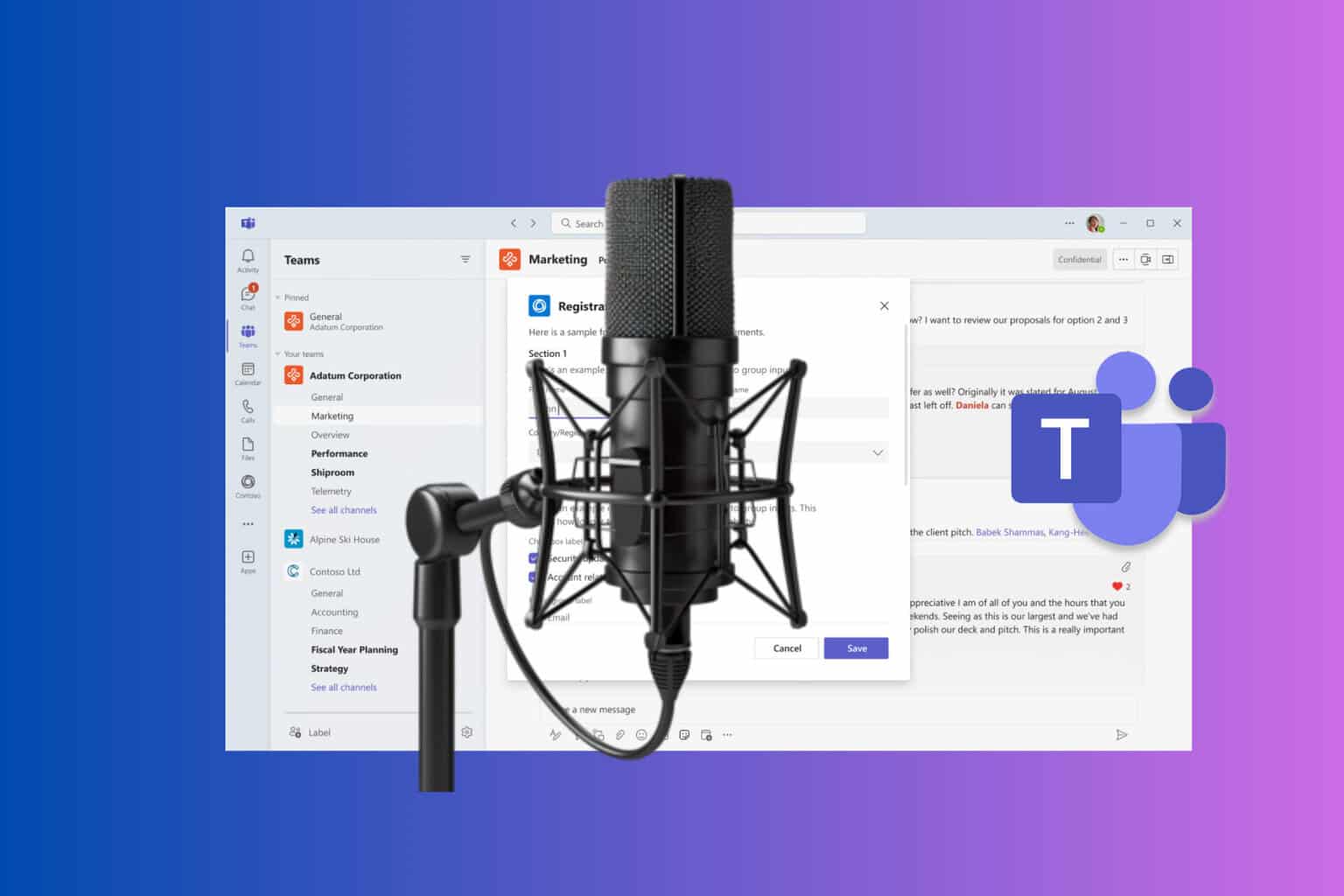

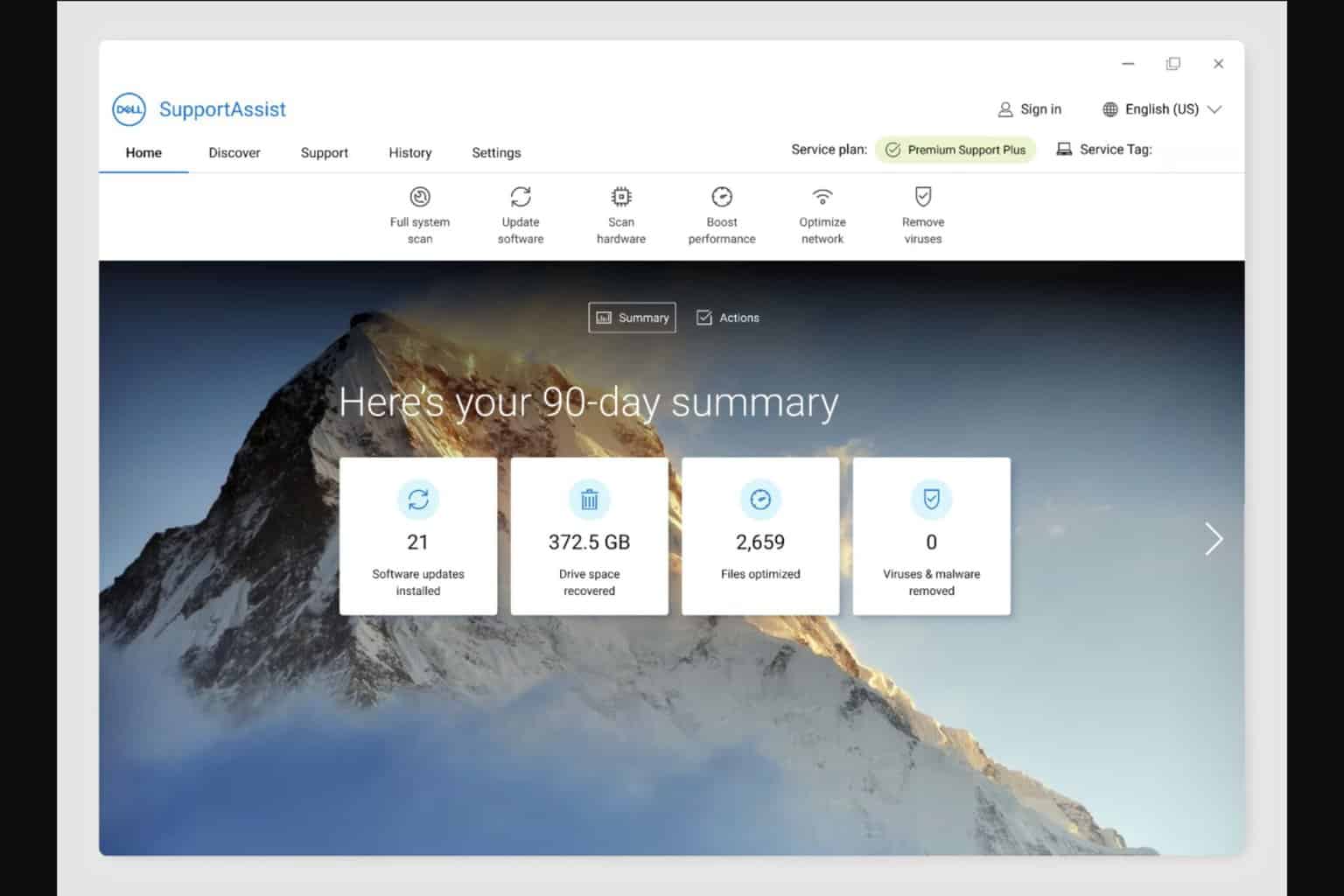
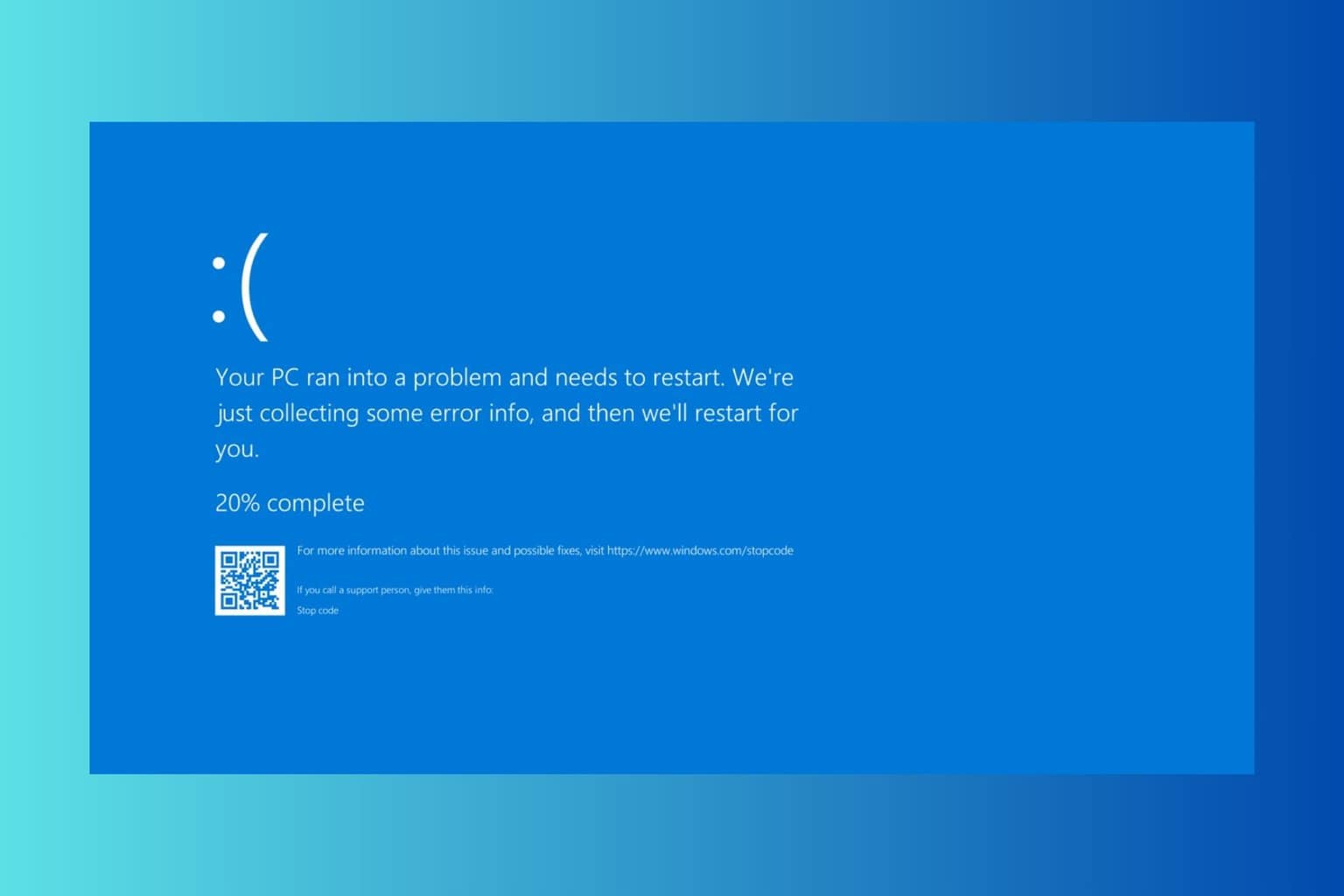

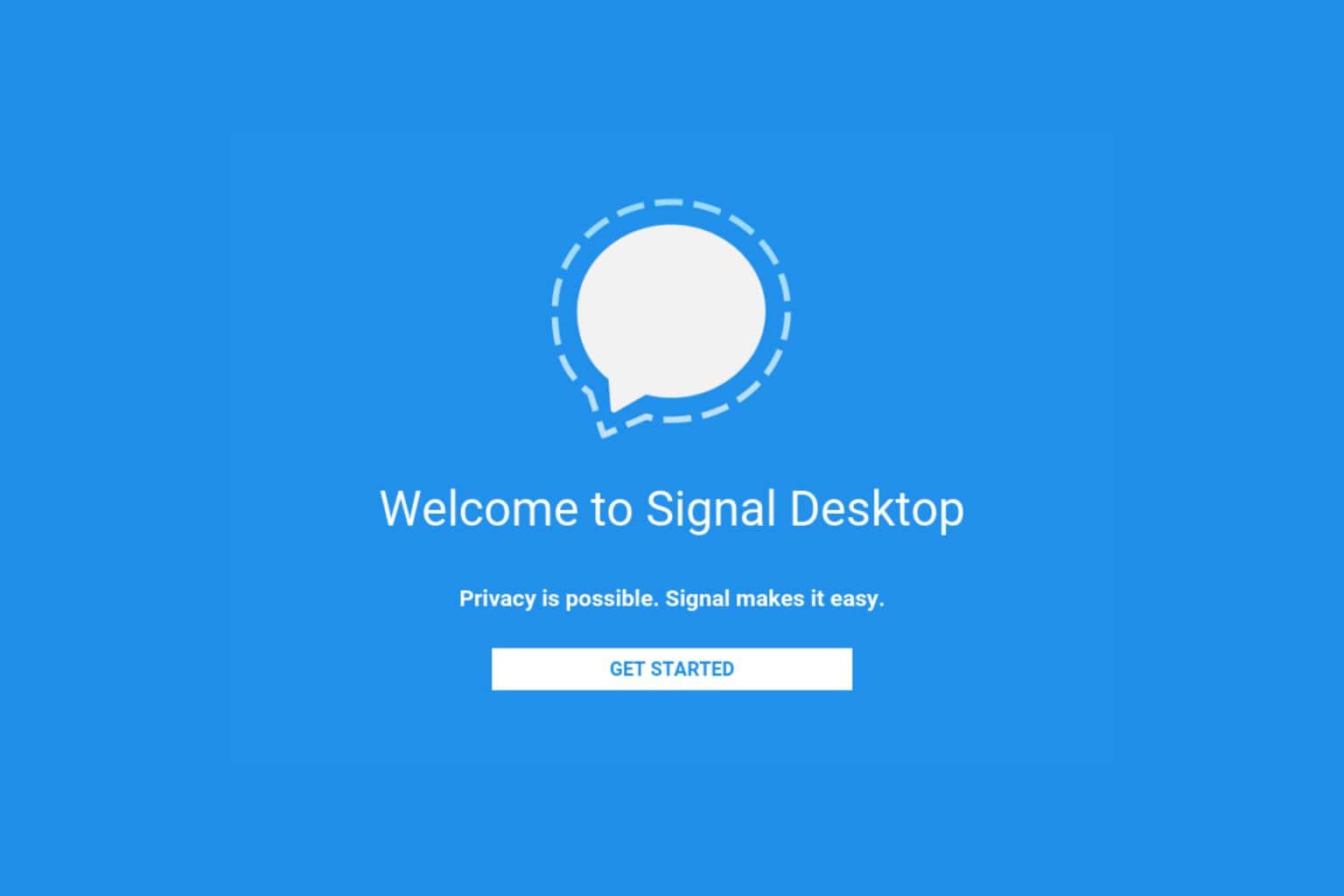
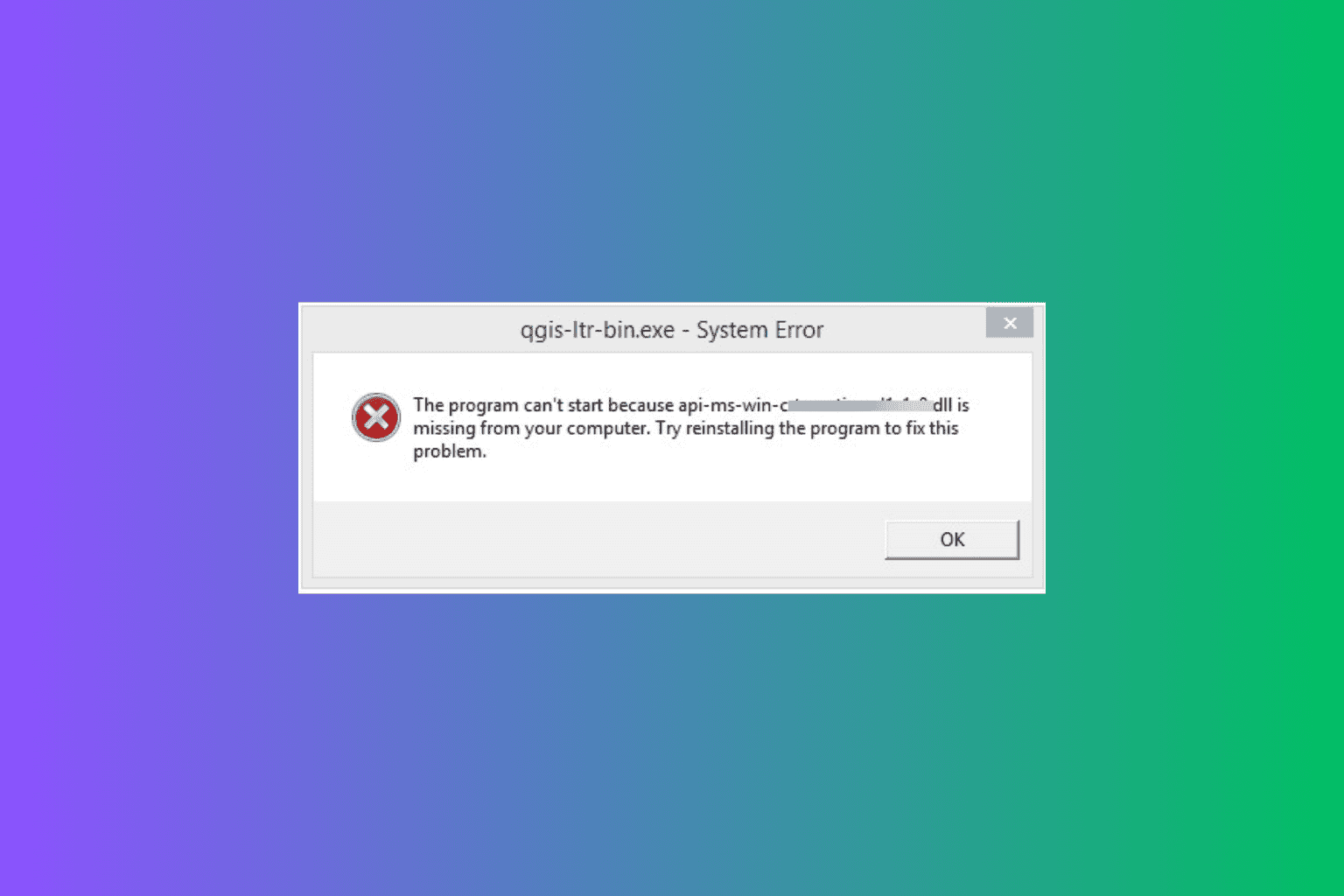
User forum
0 messages